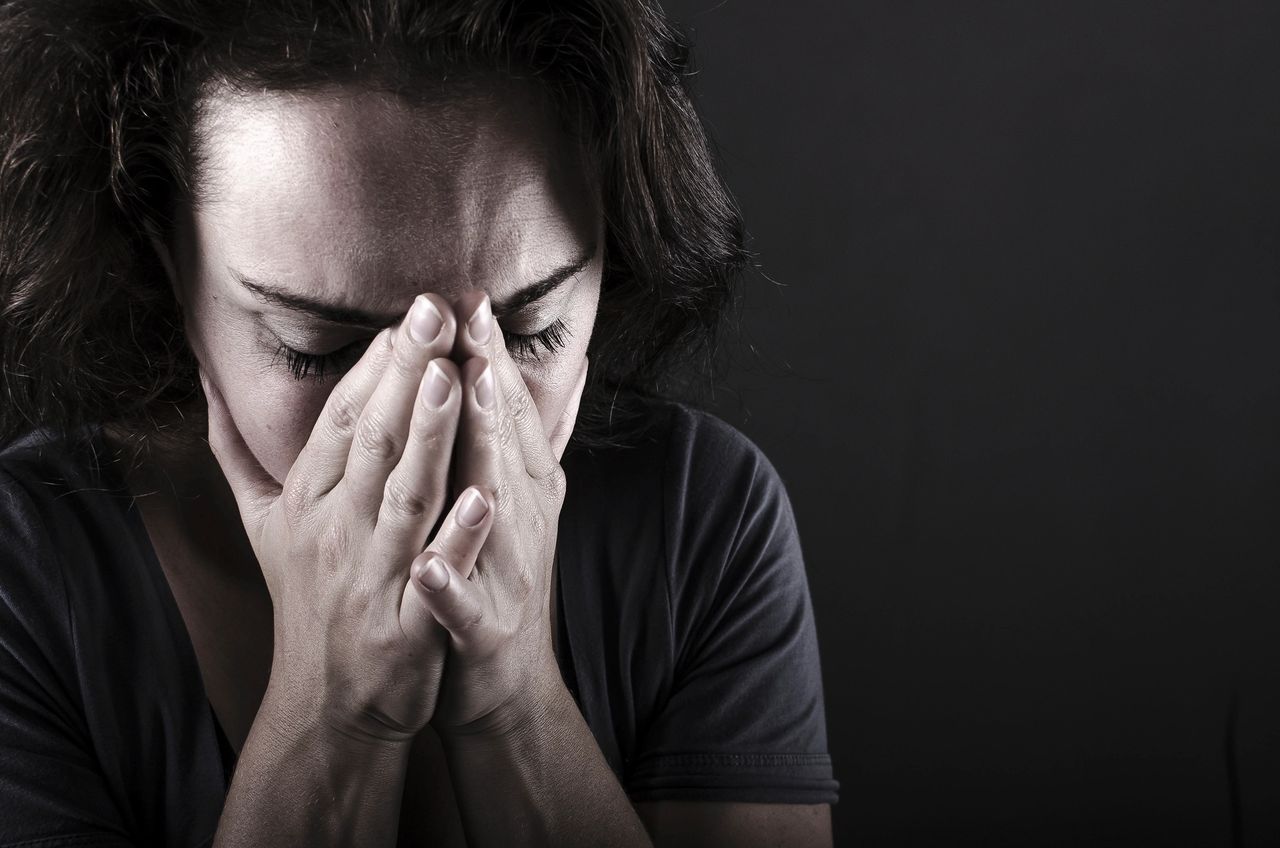Surviving with anxiety is no fun, and the people who are afflicted with this disease want to know what is anxiety and how to treat it. Most people have some form of anxiety. There are some factors in our life that we can not control, and this gives many individuals a feeling of anxiety.
Common Anxiety – the Symptoms
With this definition of anxiety, you will learn that anxiety is not all a bad thing. In fact, it is part of the body’s physical response for “flight or fight” where your heart races, your body sweats, you feel some tightness in your chest, feel like urinating more often, have difficulty swallowing or experience a dry mouth. It is when your body prepares for the release of the hormone called adrenaline which helps you cope with stressful situations.
How Anxiety Becomes Difficult
Although it is normal to feel anxious in a variety of situations, it only becomes a problem when you worry unnecessarily. If you feel anxious about reasons you can’t seem to narrow down, if the intensity of your anxiety is intolerable, or if you worry too much that it interferes with sleep and normal everyday routines, then you probably have what is known as psychological anxiety.
Symptoms of Psychological Anxiety
Mental or emotional anxiety often exhibits a selection of characteristics:
- it is not easy for you to either fall asleep or remain sleeping
- feeling uneasy or anxious most of the time
- irritability
- tiredness or fatigue
- difficulty concentrating
- that nagging fear that you seem to be “going mad”
- you feel yourself withdrawing from everything
Your war with anxiety worsens if a problem arises. If you already struggle with some other mental or emotional problem such as depression, you are more prone to have anxiety disorders as well. People who struggle with these kinds of diseases need to be watched diligently for signs of suicide.
Anxiety Causes
Anxiety may be a symptom of an underlying mental health problem such as alcohol dependence or depression. As a condition however, there are four factors which are believed to play a part in the development of anxiety:
- Heredity – If you have family members that have suffered from anxiety, your chances of struggling with this illness are much higher.
- Composition Of the Brain – Certain lifestyle choices, such as drug abuse, may alter the levels of chemicals in the brain, causing anxiety.
- Personality – A low concept of self-worth may cause anxiety in certain individuals.
- Home-life- If you are in a forceful or abusive home, you are much more likely to have anxiety. Any form of traumatic experience in your life can lead to the development of anxiety.
Options for Treatment
What can be done to find best anxiety disorders treatment? The first step in treating anxiety is to see you have been correctly diagnosed. Anxiety can be treated, managed and controlled using a variety of methods. The most widespread methods to treat anxiety include the use of medication, learning how to relax, some type of psychotherapy, and joining a support association.



